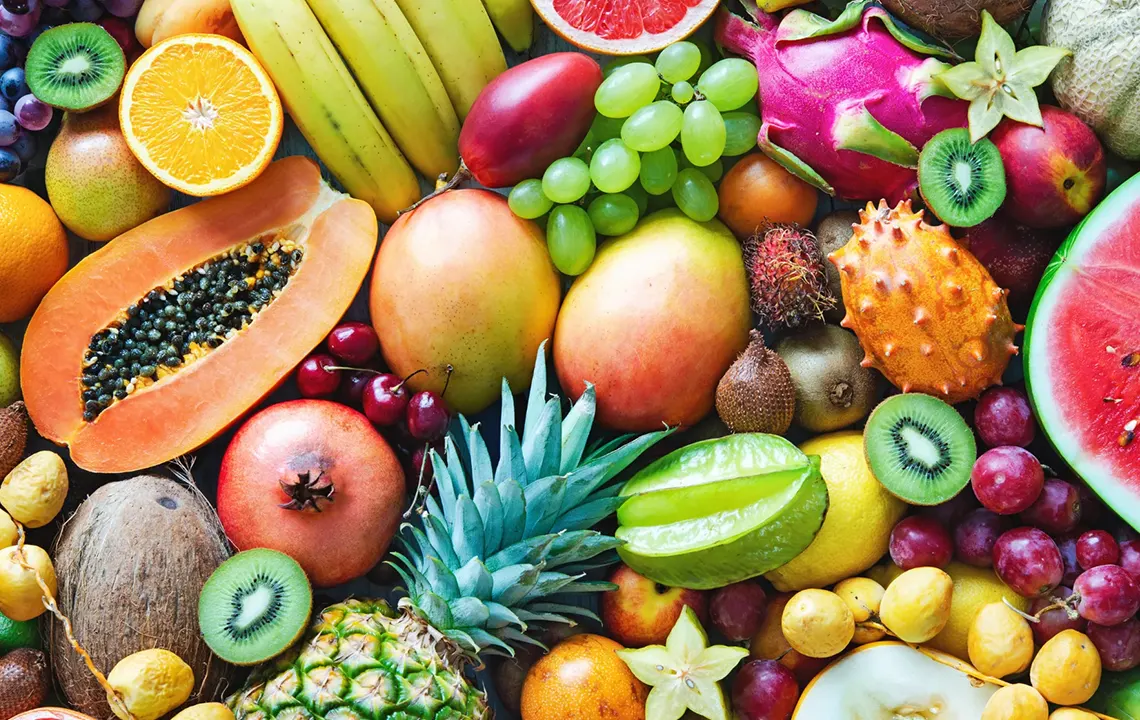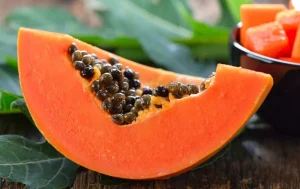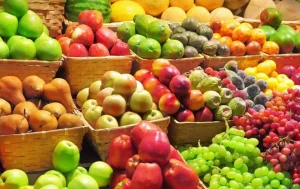Africa, with its diverse landscapes and climates, is home to a plethora of exotic fruits that not only tantalize the taste buds but also offer a myriad of health benefits. From the vibrant markets of Marrakech to the lush orchards of Ghana, the continent boasts a rich tapestry of fruits that reflect its cultural and ecological diversity. Let’s embark on a delightful journey to discover some of the best African fruits that showcase the continent’s unique flavors and nutritional treasures.
1. Baobab Fruit (Adansonia digitata):
The mighty baobab tree, often referred to as the “Tree of Life,” bears a peculiar fruit with a hard shell that houses a powdery pulp. This superfruit is a rich source of vitamin C, fiber, and antioxidants. Baobab fruit is known for its tangy flavor, making it a popular addition to beverages, jams, and desserts.
2. Marula (Sclerocarya birrea):
Widely distributed across Southern Africa, the marula tree bears small, yellowish fruits with a citrusy and tart taste. Besides being enjoyed fresh, marula fruits are used to produce a popular liqueur. Rich in vitamin C and oleic acid, marula offers both a refreshing flavor and a nutritional boost.
3. Ackee (Blighia sapida):
Native to West Africa, ackee is a unique fruit with a buttery texture and a mild, nutty taste. While it is the national fruit of Jamaica, it has African origins. Ackee is a good source of healthy fats, vitamins, and minerals. However, it should be consumed only when fully ripe, as unripe ackee contains toxic compounds.
4. Soursop (Annona muricata):
Also known as Graviola or Guanabana, soursop is a tropical fruit found in various African countries. Its green, spiky exterior hides a soft, fibrous, and creamy white flesh. Soursop is not only delicious but also rich in vitamin C, fiber, and antioxidants. Many communities utilize its leaves for traditional medicinal purposes.
5. African Mango (Irvingia gabonensis):
Native to Central and West Africa, the African mango is not only revered for its sweet, juicy flesh but also for its seeds, which are believed to have various health benefits. The fruit is rich in fiber, vitamins, and minerals, making it a valuable addition to both traditional and modern diets.
6. Tamarind (Tamarindus indica):
With its sweet and tangy flavor, tamarind is a popular ingredient in African cuisine. The fruit is encased in a brown pod and contains a sticky pulp with a distinct taste. Tamarind is not only delicious but also rich in vitamins, minerals, and antioxidants. Its versatility makes it a staple in sauces, beverages, and desserts.
7. Monkey Orange (Strychnos spp.):
Found in various regions of Africa, the monkey orange is a citrus-like fruit with a tough, bumpy rind. The pulp inside is sweet and juicy, often likened to a combination of citrus and apricot flavors. Rich in vitamin C and antioxidants, this fruit is enjoyed both fresh and processed into jams and juices.
Conclusion:
African fruits not only contribute to the continent’s vibrant culinary scene but also offer a nutritional bounty. From the iconic baobab to the exotic monkey orange, these fruits reflect the diversity of Africa’s ecosystems and cultures. Incorporating these delicious and nutrient-rich fruits into diets worldwide not only provides a burst of flavor but also supports the livelihoods of local farmers and preserves the agricultural heritage of the continent. As we celebrate the rich tapestry of African fruits, let us savor the flavors and acknowledge the valuable contributions they make to global gastronomy.




